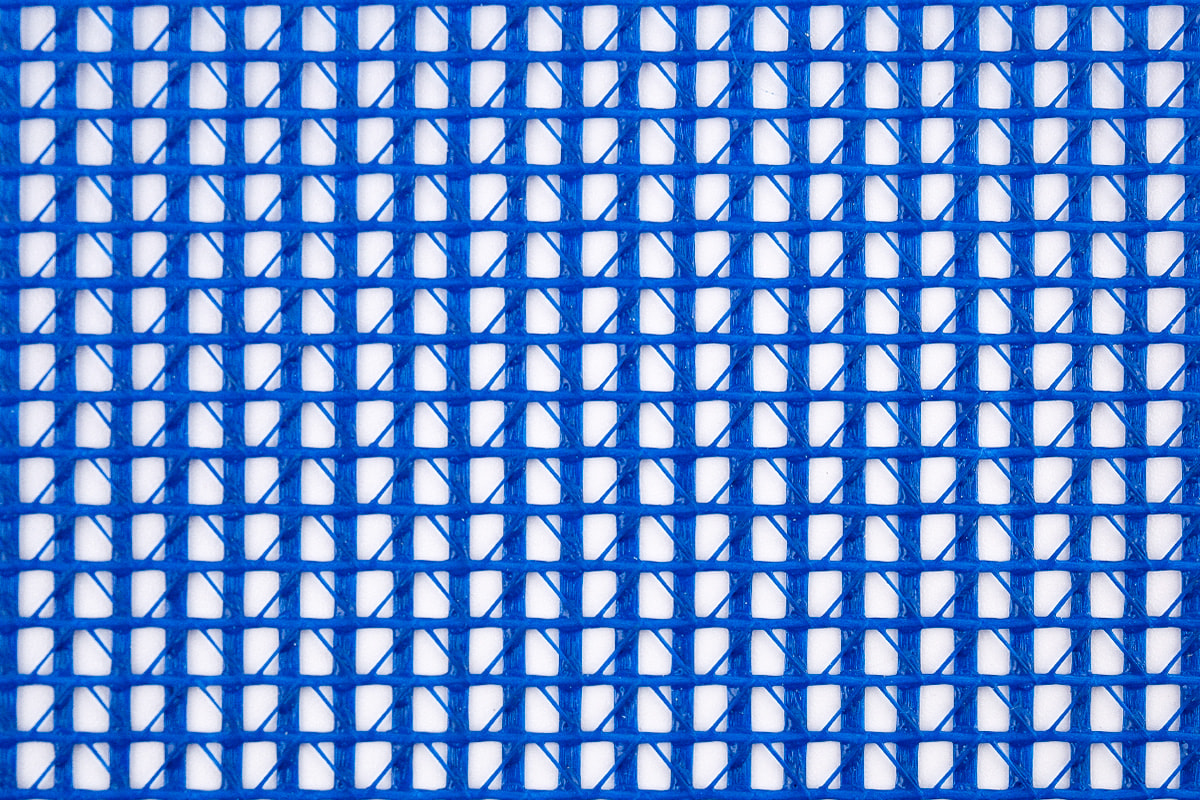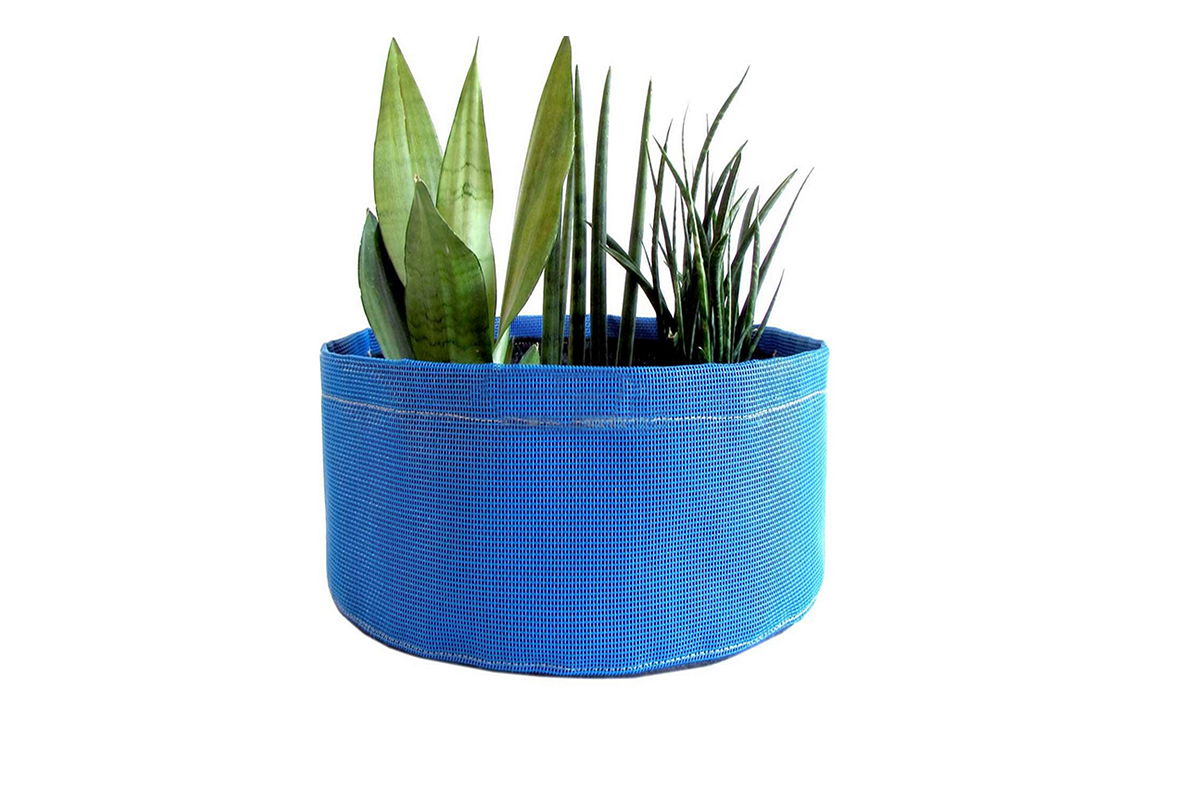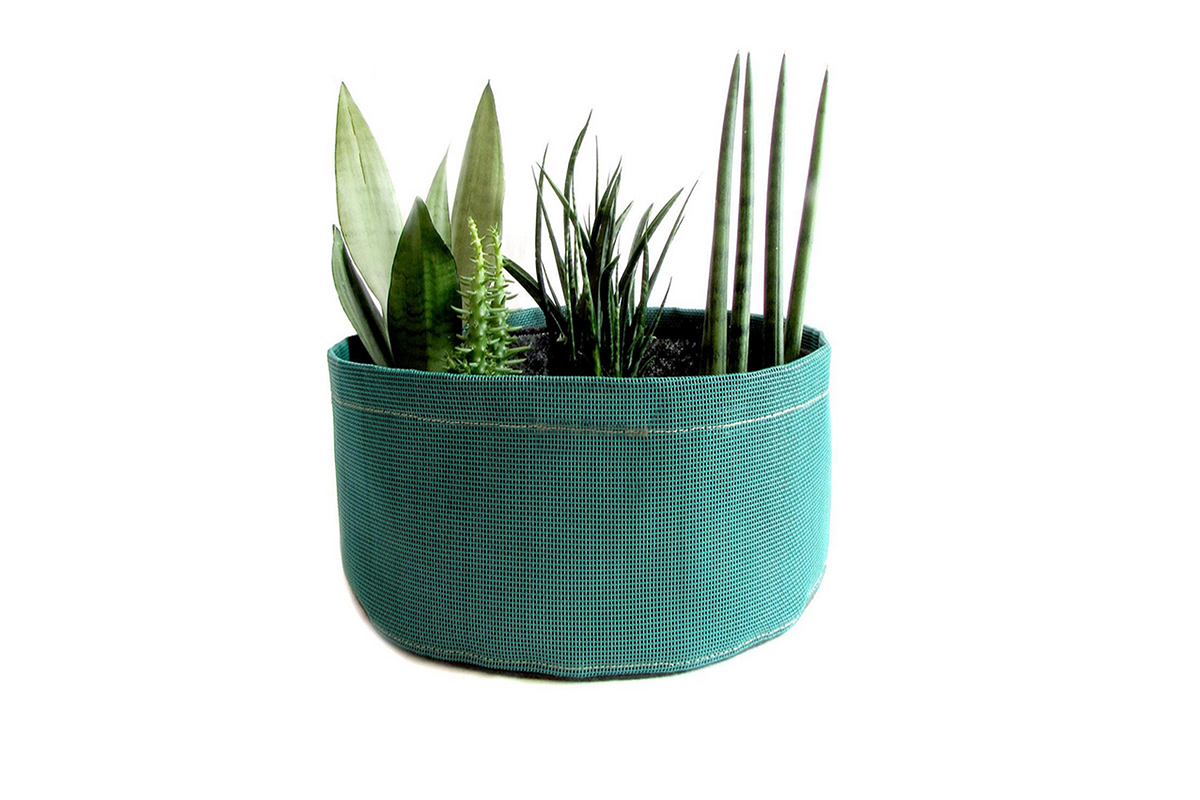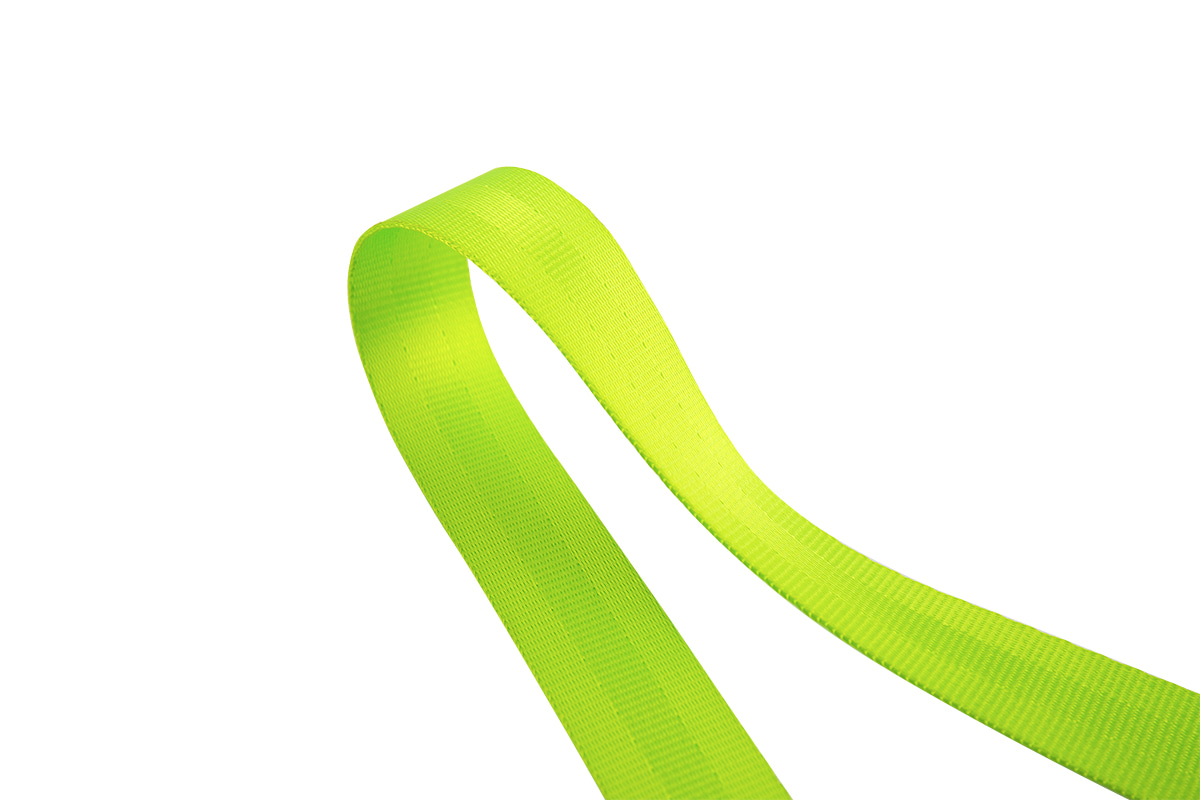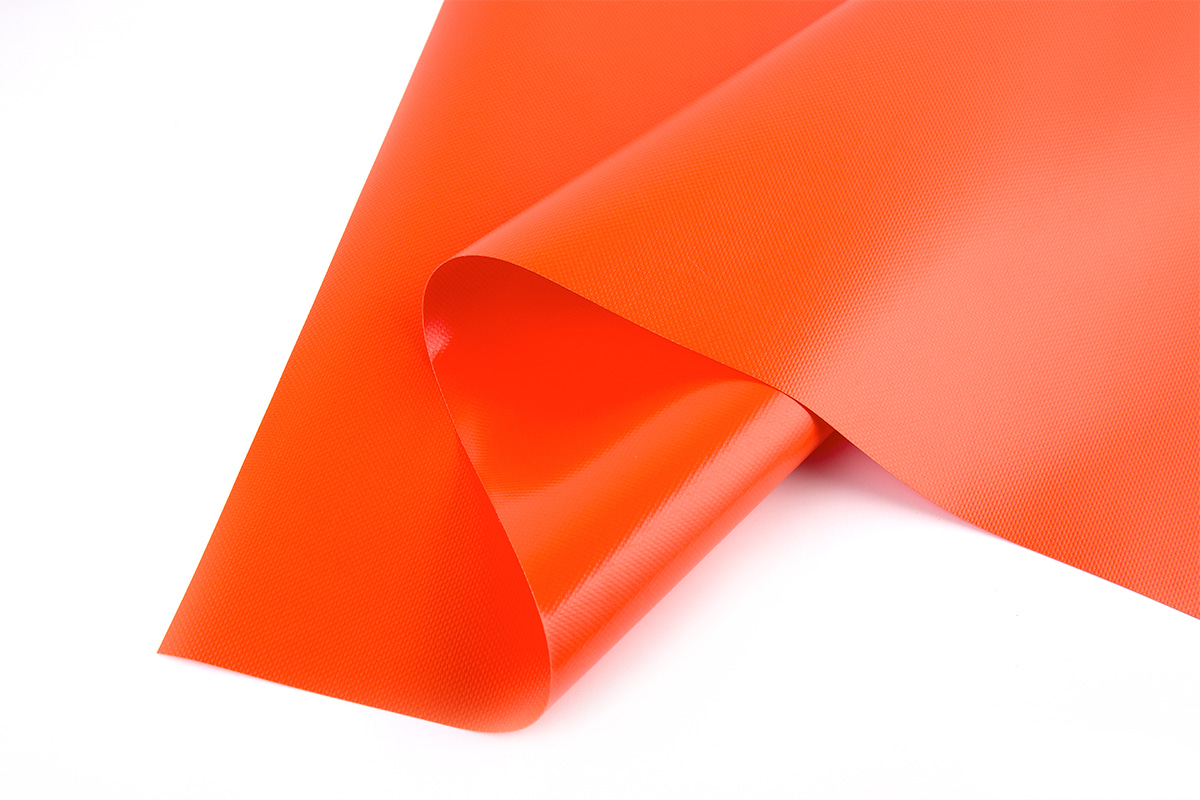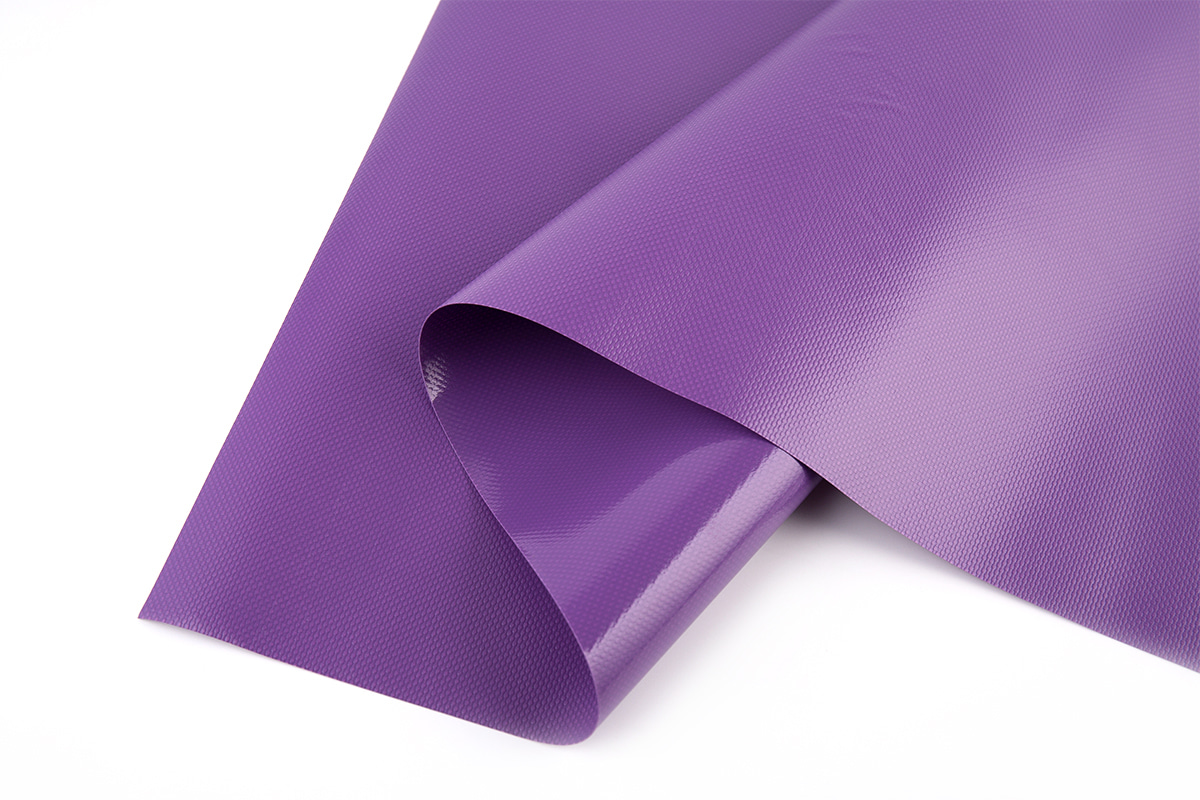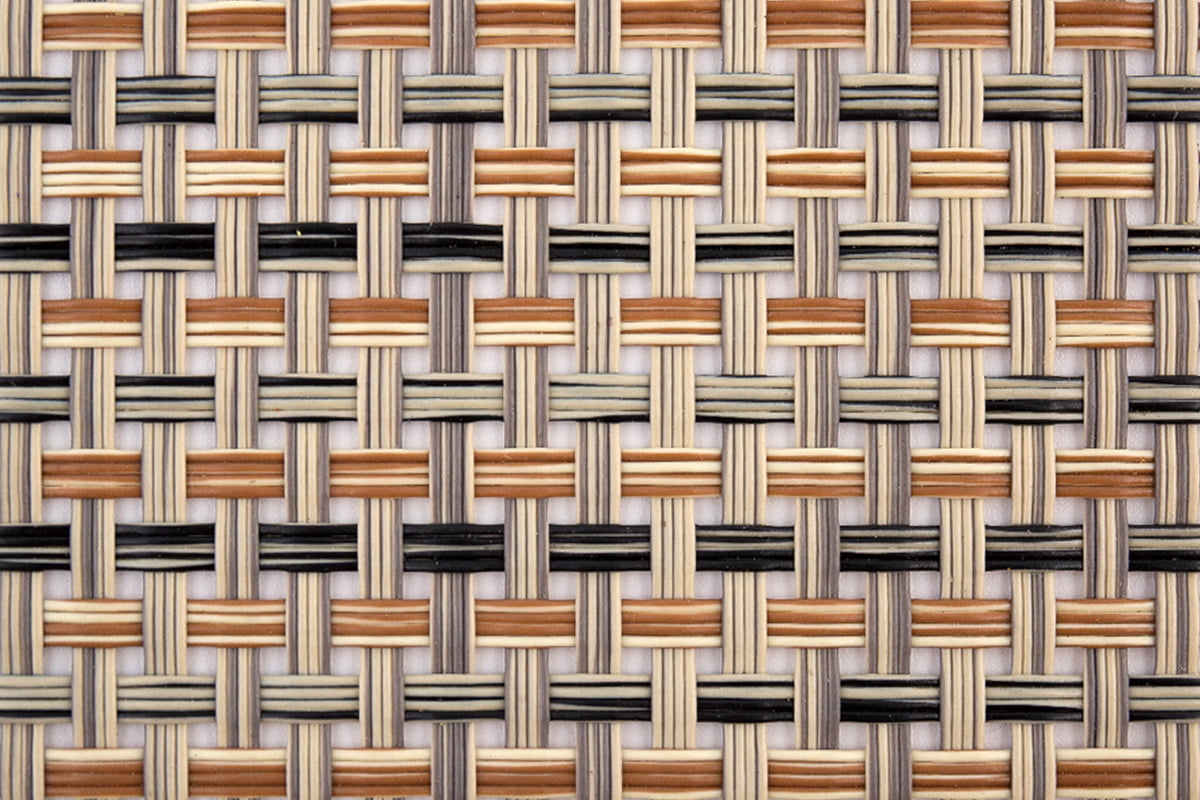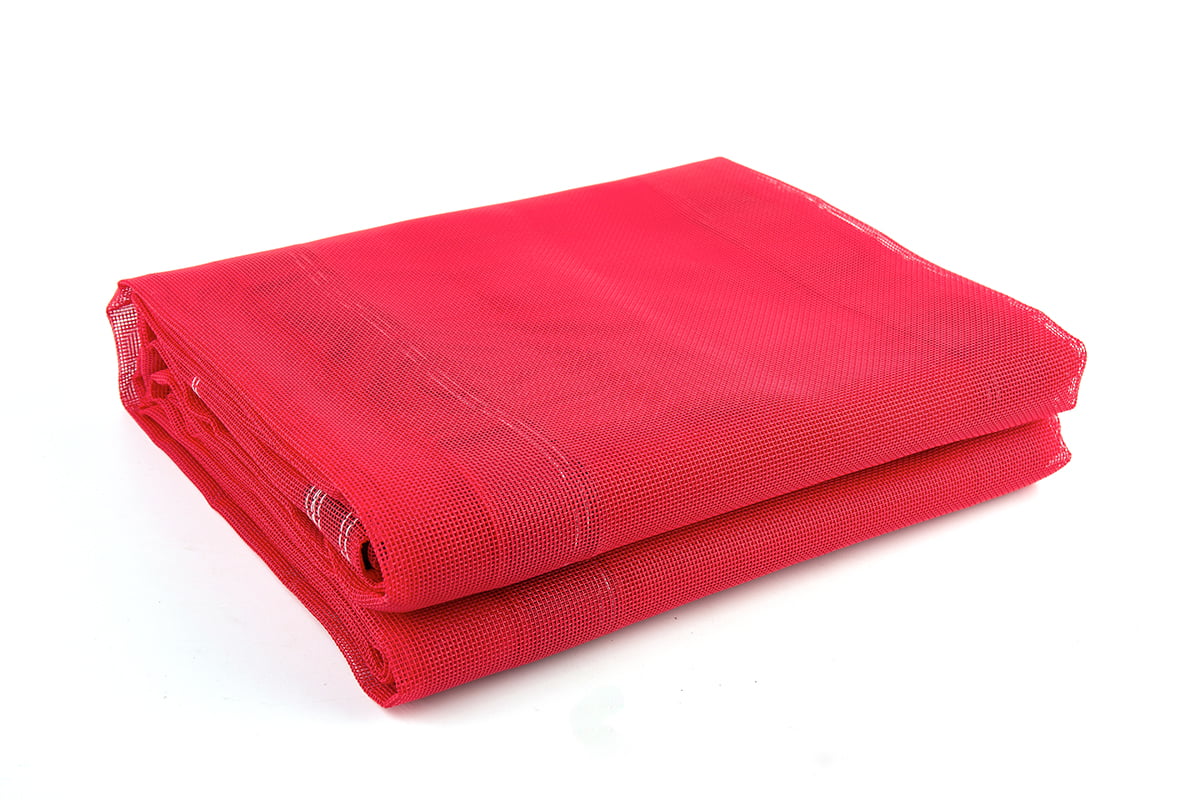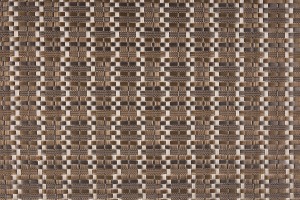
PVC coated polyester mesh fabric is a popular material used in a variety of applications, thanks to its durability, strength, and resistance to harsh environmental conditions. When compared to non-coated fabrics, PVC coated polyester mesh fabric offers distinct advantages that make it a preferred choice in industries such as construction, agriculture, and outdoor applications.
Enhanced Durability
One of the primary benefits of PVC coated polyester mesh fabric is its enhanced durability compared to non-coated fabrics. The PVC coating provides a protective layer that strengthens the polyester mesh, making it resistant to wear and tear, UV degradation, and weather elements. Non-coated fabrics, on the other hand, are more susceptible to damage from exposure to the sun, moisture, and chemicals. This makes PVC coated polyester mesh fabric a more reliable option for outdoor applications, such as fencing, tarps, and safety nets, where long-term durability is essential.
Water and Chemical Resistance
PVC coated polyester mesh fabric offers great water and chemical resistance compared to non-coated fabrics. The PVC coating creates a waterproof barrier that prevents water from seeping through the fabric, making it ideal for applications where moisture protection is required. Non-coated fabrics, in contrast, tend to absorb water, which can cause mildew growth and reduced strength over time. Additionally, PVC coated polyester is resistant to many chemicals, making it suitable for industrial uses where exposure to oils, acids, and solvents is common. Non-coated fabrics may degrade or weaken when exposed to such substances.
Increased Strength and Stability
PVC coating also enhances the strength and stability of polyester mesh fabric. The coating binds with the fibers, making the material less prone to stretching or sagging under pressure. This added strength makes PVC coated polyester mesh fabric more suitable for heavy-duty applications, such as construction scaffolding, cargo covers, and industrial mesh barriers. Non-coated fabrics, while still durable, may not offer the same level of resistance to stretching or deformation under load, which could cause compromised performance in demanding environments.
UV and Fade Resistance
The PVC coating on polyester mesh fabric provides good UV protection, helping to prevent the fabric from fading or degrading when exposed to sunlight. This feature makes PVC coated polyester mesh fabric ideal for outdoor applications where UV exposure is a concern, such as outdoor furniture, shade structures, and agricultural covers. Non-coated fabrics are more likely to fade or weaken under prolonged sun exposure, reducing their lifespan and effectiveness over time.
Ease of Maintenance and Cleaning
PVC coated polyester mesh fabric is easier to clean and maintain than non-coated fabrics. The PVC coating prevents dirt, dust, and debris from penetrating the fabric, allowing for a simple surface cleaning with water or mild detergent. Non-coated fabrics, however, can absorb dirt and stains, making them more difficult to clean and maintain, especially if the fabric is used in industrial or agricultural settings.
In comparison to non-coated fabrics, PVC coated polyester mesh fabric offers numerous advantages, including enhanced durability, water and chemical resistance, increased strength, UV protection, and ease of maintenance. These qualities make it the preferred choice for applications where exposure to harsh environmental conditions is common. Whether used for outdoor covers, industrial applications, or safety equipment, PVC coated polyester mesh fabric provides a more reliable and long-lasting solution compared to non-coated fabrics.

 en
en Español
Español